Data management consultants play a crucial role in enhancing your business's operational efficiency. They help you organize, store, and use data effectively. This leads to better decision-making and reduced costs. For instance, companies using data-driven strategies have seen a 63% increase in productivity. Tools like FineDataLink, FineReport, and FineBI streamline data integration and reporting. These tools help you uncover valuable insights and make strategic decisions. As a result, you can achieve significant improvements in operational efficiency and overall business performance.
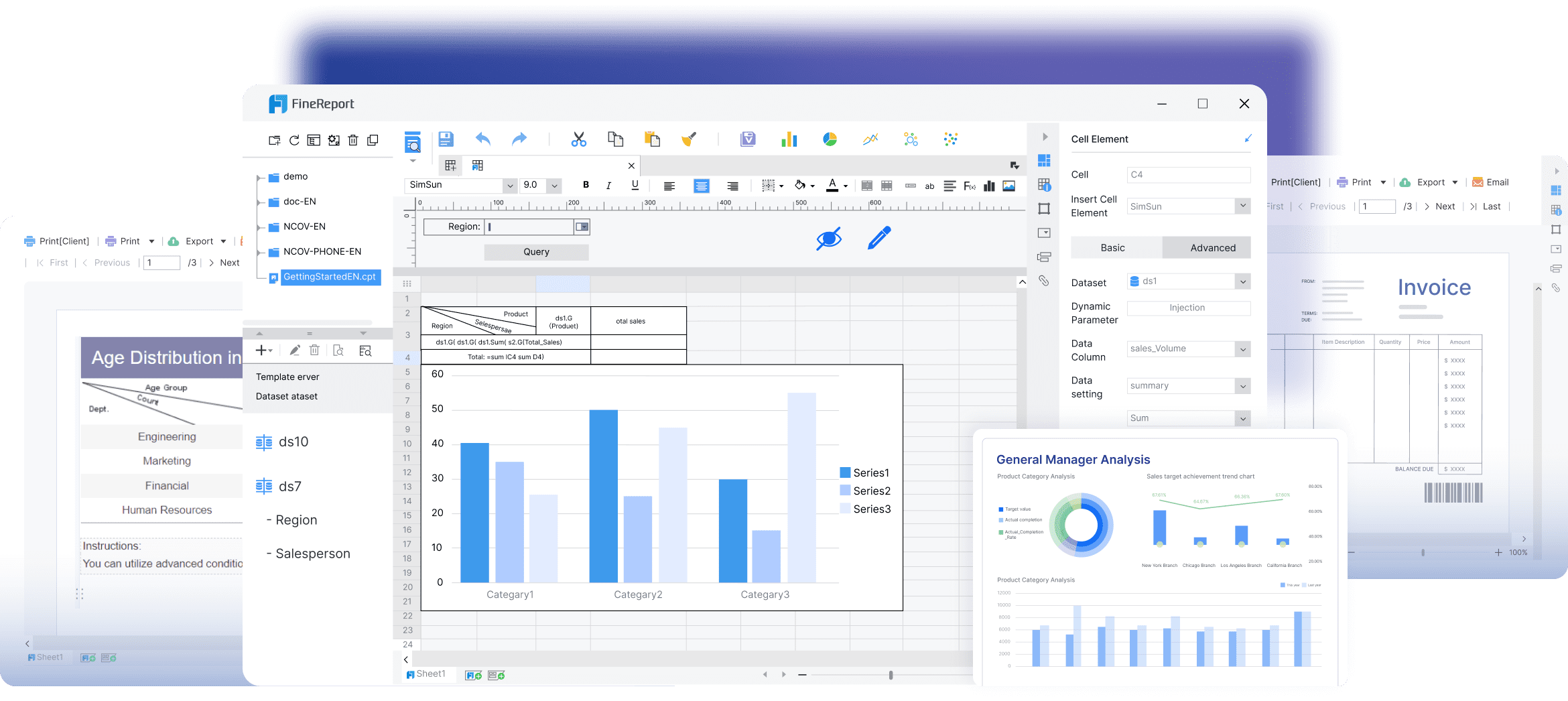
Data management involves organizing, storing, and maintaining data to ensure its accessibility and reliability. You can think of it as the backbone of any data-driven strategy. It helps you make informed decisions and improve operational efficiency.
These components work together to create a seamless flow of information within your organization.
In today’s business landscape, effective data management is essential for strategic decision-making. By organizing and analyzing data accurately and quickly, businesses can identify trends, make informed decisions, and stay competitive. It also enhances customer experiences, enabling personalized services like tailored product recommendations or customized healthcare plans, which lead to greater satisfaction.
Moreover, good data management helps reduce operational costs by streamlining processes and eliminating inefficiencies. With accurate data, businesses minimize errors, save time, and improve productivity. Prioritizing data management not only drives cost savings but also enables companies to respond more quickly to market changes, strengthening their position in the market.
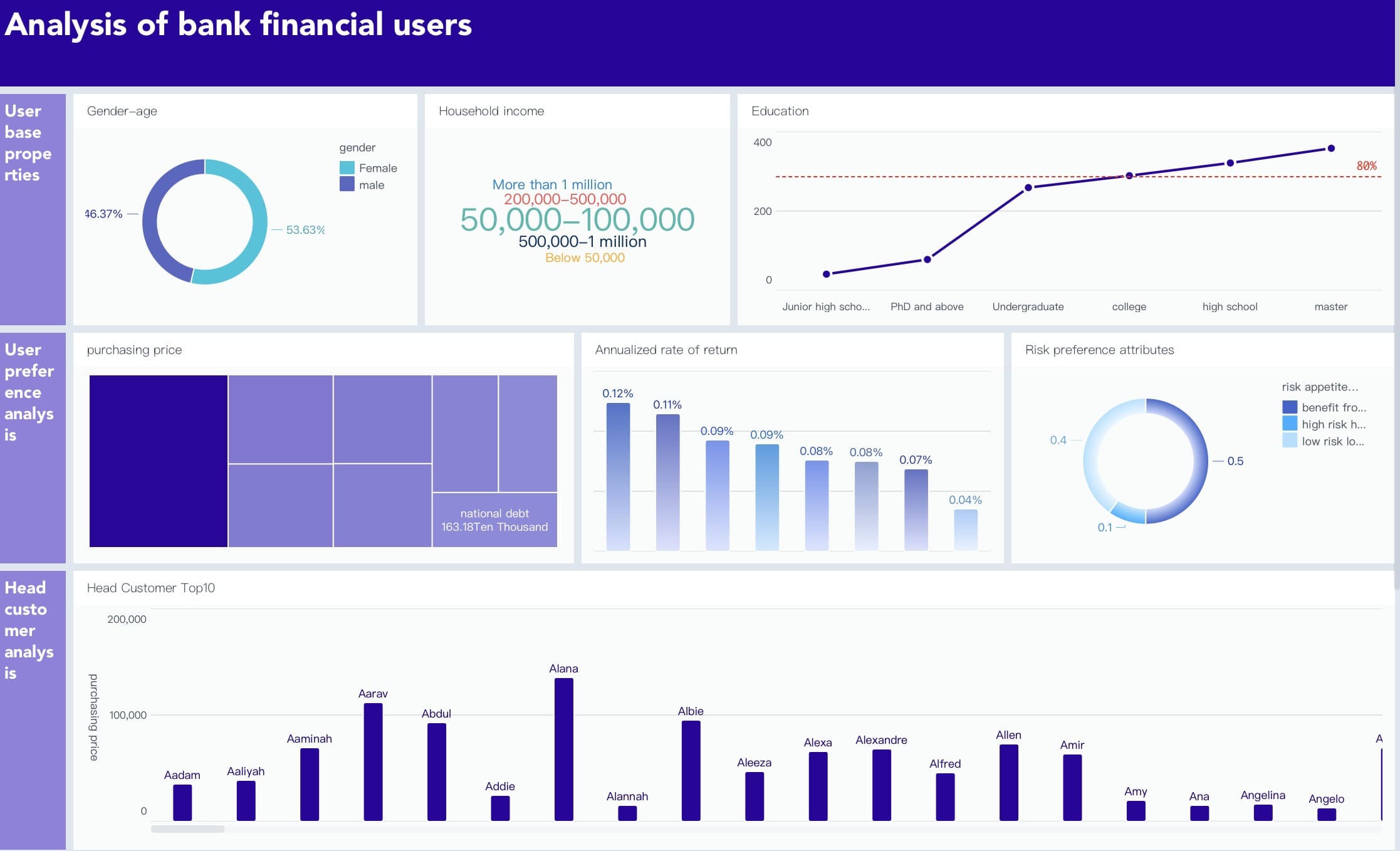
Data management consultants offer valuable expertise in optimizing your data practices. They assess your existing data strategies, identifying inefficiencies or gaps that could hinder performance. By recommending tailored solutions, they help streamline processes, improve data quality, and ensure compliance with industry regulations. For instance, a consultant might introduce automated data governance tools to reduce manual errors or suggest better data storage solutions to improve accessibility. Their insights enable organizations to make more informed, data-driven decisions while maximizing the value of their data assets.
Data management consultants possess a unique set of skills:
These skills enable them to provide valuable insights and recommendations tailored to your business needs.
Data management consultants bring specialized expertise to industries such as healthcare, finance, retail, and manufacturing. In healthcare, they optimize patient data management, enhancing care coordination and improving outcomes. In finance, they ensure strict compliance with data privacy regulations like GDPR or HIPAA, mitigating risks.
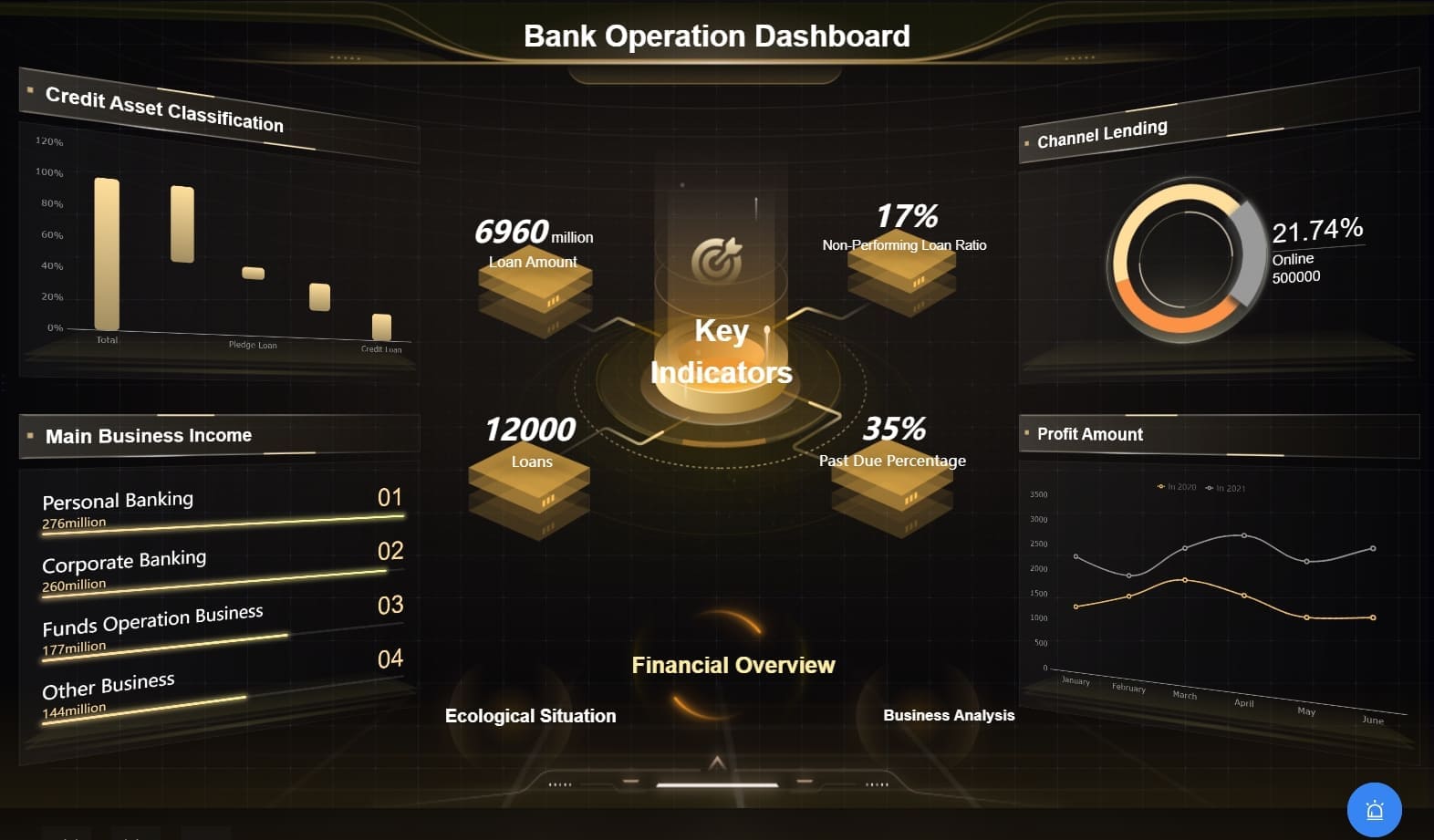
Retailers use consultants to analyze customer data, enabling personalized marketing and improving inventory forecasting. Manufacturers benefit from streamlined data processes to enhance supply chain efficiency, reduce costs, and improve production planning. By leveraging their knowledge, businesses can optimize data management practices, boost operational efficiency, and gain a competitive advantage in their respective sectors.
Data management consultants often face challenges such as data silos, poor data quality, and lack of standardization. These issues can lead to inefficiencies, errors, and missed opportunities. For example, inconsistent data formats may hinder accurate analysis, while siloed data across departments limits cross-functional insights. By addressing these challenges, businesses can improve data flow, accuracy, and accessibility, ultimately boosting operational efficiency.

Data silos arise when different departments or systems store information in isolation, preventing seamless data sharing. This fragmentation can result in inconsistent data, duplicated efforts, and missed opportunities for collaboration. For instance, if sales and marketing teams can't access customer data from the CRM, they may miss out on key insights. Breaking down silos ensures better data integration, enabling informed decisions, enhanced efficiency, and more cohesive teamwork across departments.
Maintaining high data quality and integrity is vital for sound decision-making. Poor data quality often stems from errors in data entry, outdated information, or inconsistent formats. For example, incorrect customer contact details or mismatched product codes can lead to faulty insights and costly mistakes. Inaccurate data can skew financial reports, misguide marketing campaigns, or hinder inventory management.
To address these challenges, implementing robust data governance frameworks is essential. These frameworks establish clear policies for data collection, validation, and maintenance, ensuring consistent, accurate, and reliable data. With proper data governance, you can trust the insights you base your decisions on, enhancing business performance.

Data management challenges, such as inconsistent data formats, lack of integration, or poor data quality, can severely hinder operational efficiency. These issues can lead to delays, errors, and missed opportunities, ultimately affecting decision-making and business performance. By addressing these challenges with effective strategies and tools, you can streamline processes and boost productivity.
Data management issues, such as data silos or poor data quality, often cause significant delays in operations. For example, siloed data leads to slow retrieval and fragmented decision-making, while inconsistent or outdated data requires lengthy cleaning efforts, impacting productivity. By implementing integrated data solutions and maintaining high-quality data standards, businesses can reduce these inefficiencies, accelerate decision-making, and improve overall operational performance.
Inefficient data management can also lead to increased costs for your business. You may incur additional expenses due to redundant data storage, manual data processing, and error correction. By implementing effective data management strategies, you can minimize these costs and allocate resources more efficiently.
"Effective data management enables businesses to gain meaningful insights, achieve operational efficiency, and provide a better customer experience while minimizing costs."
By addressing these common data management challenges, you can improve your operational efficiency and drive better business outcomes.

Data management consultants employ techniques like data warehousing, ETL (Extract, Transform, Load) processes, and API integrations to unify disparate data sources. These methods enable seamless data flow across departments, creating a single, accurate view of your information. For example, integrating sales and inventory data can help optimize stock levels and improve forecasting accuracy, leading to better decision-making and enhanced operational efficiency.
Centralized data repositories are essential for effective data integration. By consolidating data from various sources into one centralized location, businesses eliminate data silos and ensure seamless access to information. This approach not only improves data consistency but also reduces redundancy, making it easier to manage and analyze. For instance, retailers can merge sales, inventory, and customer data into a single repository, providing real-time insights that drive better inventory management, personalized marketing, and faster decision-making across departments.
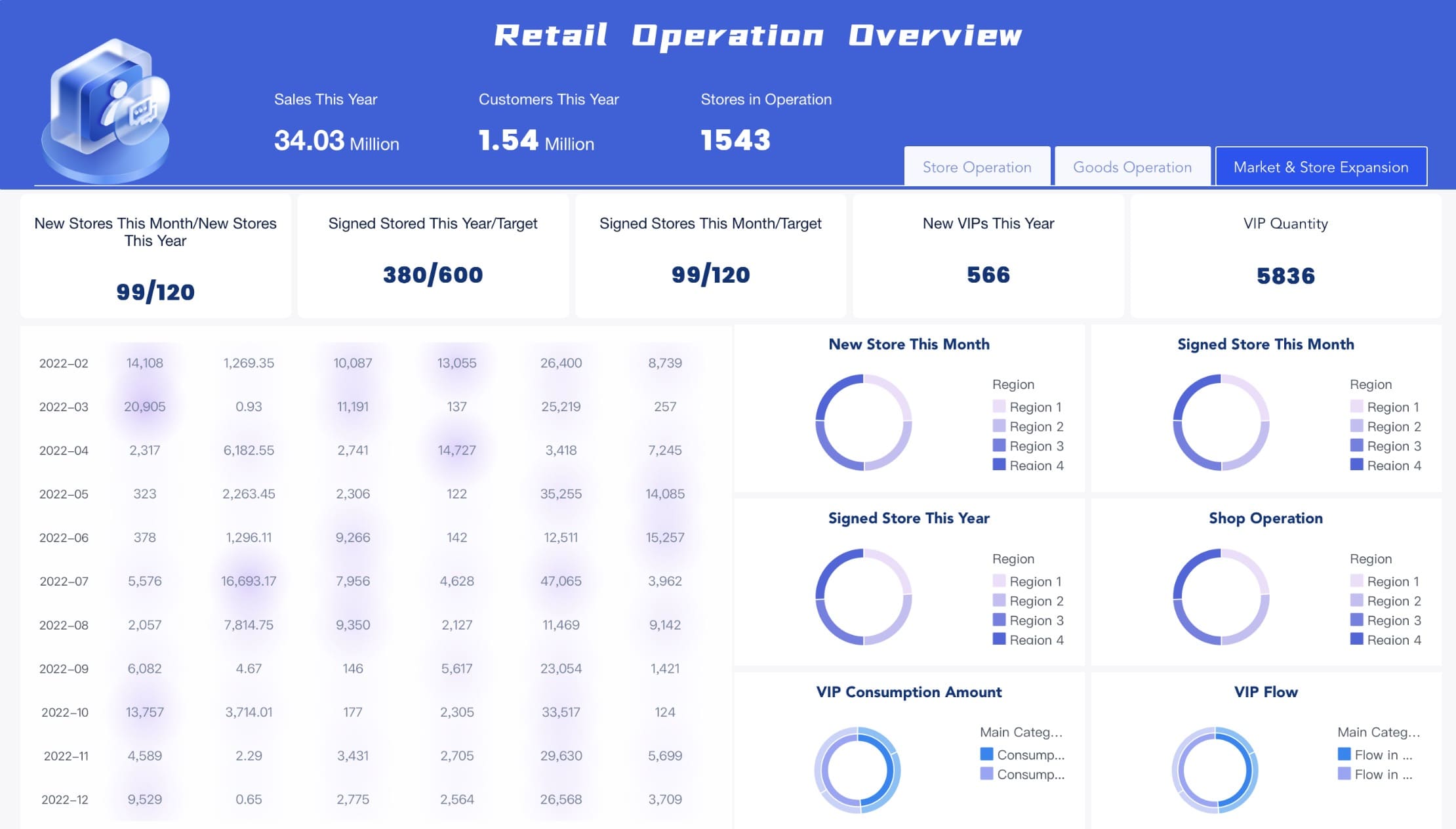
Real-time data access is a crucial technique for improving business agility. By enabling you to retrieve and analyze data as it is generated, it ensures that you are always working with the most current information. For example, e-commerce platforms use real-time data to track inventory levels, customer behavior, and sales trends, allowing them to quickly adjust pricing, promotions, or stock levels. This immediate access to data enables businesses to respond swiftly to market shifts, improving decision-making, enhancing customer satisfaction, and staying competitive.
Improving data quality is essential for reliable insights and decision-making. Data management consultants use techniques like data validation, standardization, and regular audits to ensure accuracy and consistency. For example, in healthcare, consultants implement strict data quality measures to ensure patient records are complete and up-to-date, enhancing care quality and compliance.
Data cleansing is a critical step in ensuring the reliability of your data. It involves identifying and correcting errors, such as duplicates, missing values, or formatting inconsistencies. For example, in retail, data cleansing might involve fixing incorrect product information to improve inventory management. By implementing these processes, you ensure that your data is accurate, consistent, and ready for analysis, leading to more informed decisions and better business strategies. Clean data enhances operational efficiency and helps uncover valuable insights for growth.
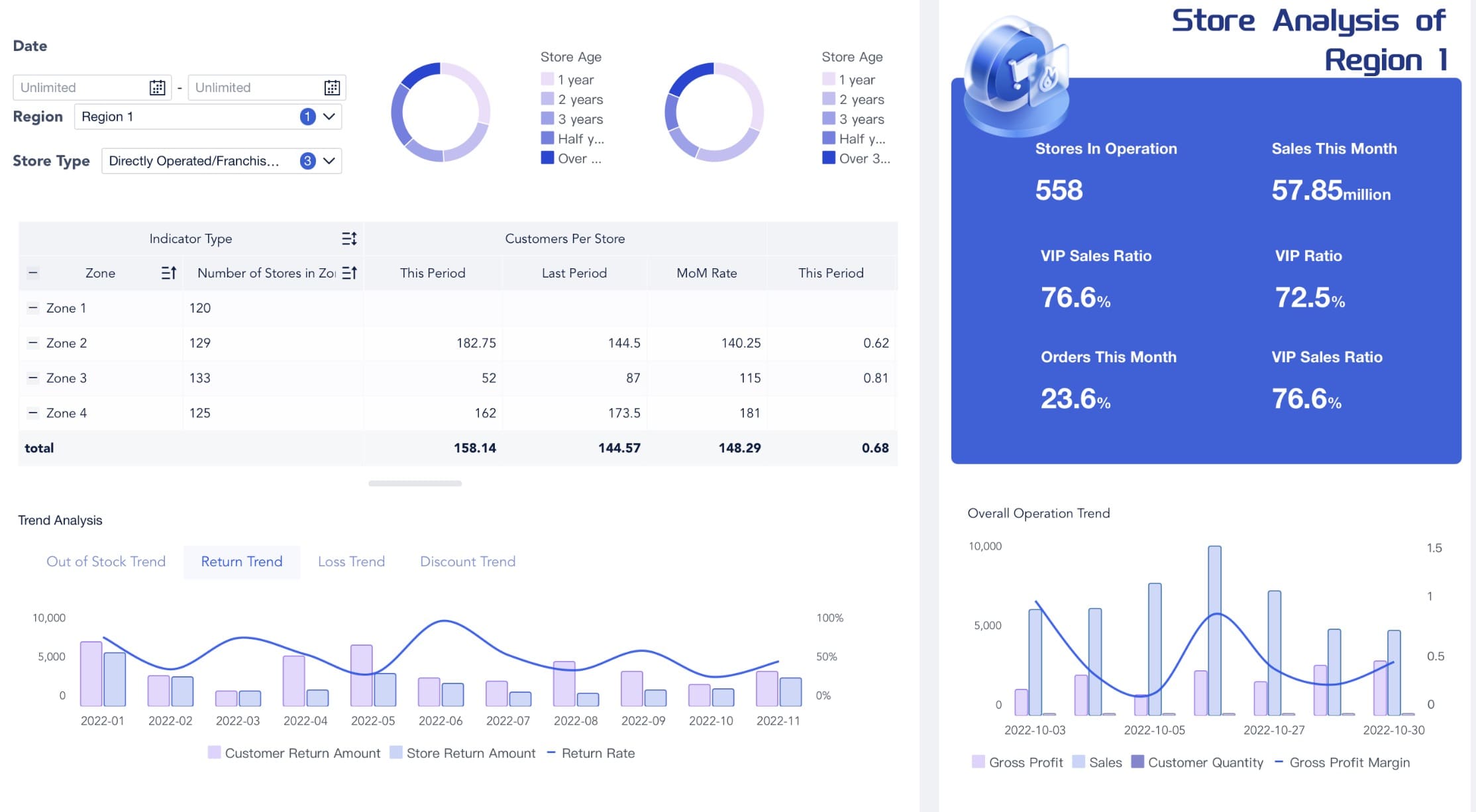
Data validation techniques help maintain data integrity by ensuring that your data meets specific criteria before it is used. These techniques involve checking data for accuracy, completeness, and consistency. By validating your data, you prevent errors from affecting your analysis and decision-making processes. This proactive approach to data management ensures that you can trust the information you rely on to drive your business forward.
"Effective data management enables businesses to gain meaningful insights, achieve operational efficiency, and provide a better customer experience while minimizing costs."
By employing these strategies, data management consultants help you optimize your data practices. This optimization leads to improved operational efficiency and better business outcomes.
Data management software is essential for organizing, storing, and analyzing large volumes of data efficiently. These tools automate data collection, cleaning, and processing, reducing manual errors and saving time. For instance, using software like FineReport or FineBI, businesses can consolidate data from various sources, create custom reports, and gain actionable insights in real-time.
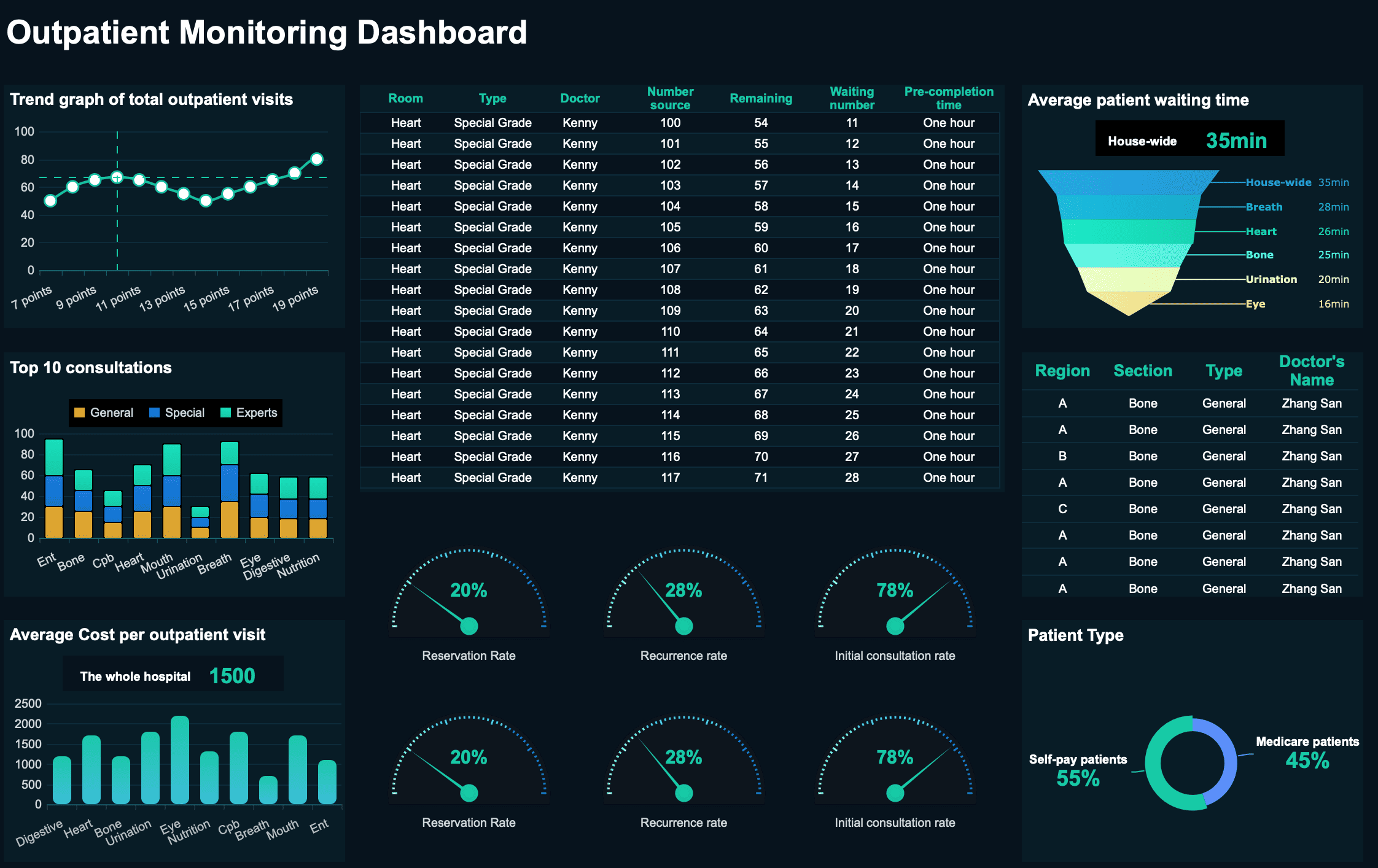
By streamlining these processes, data management software enhances decision-making, boosts productivity, and ensures that businesses can respond quickly to changing market conditions. Effective data management ultimately leads to more accurate forecasts and improved strategic planning.
Emerging technologies like artificial intelligence (AI), machine learning (ML), and blockchain are transforming data management. AI and ML can automate data analysis, uncover patterns, and make predictive insights, while blockchain ensures data security and transparency. These innovations streamline processes, reduce errors, and empower businesses to make data-driven decisions with greater accuracy and efficiency.

Artificial Intelligence (AI) and Machine Learning (ML) are transforming data management by automating and accelerating data analysis. AI algorithms can process vast datasets to identify hidden patterns, offering insights that support informed decision-making. For example, AI-driven predictive analytics in retail can forecast customer demand, optimizing inventory management. Meanwhile, machine learning models adapt over time, refining predictions for even greater accuracy. By leveraging these technologies, businesses can stay ahead of trends, improve operational efficiency, and make proactive, data-driven decisions.
Cloud-based solutions offer flexibility and scalability for your data management needs. Platforms like AWS and Microsoft Azure provide robust cloud services that accommodate multiple databases and data warehouse styles. These solutions allow you to store and access your data from anywhere, ensuring that you have the information you need at your fingertips. Cloud-based data warehouses support complex queries and advanced analytics, optimizing data retrieval and analysis.
"Effective data management enables businesses to gain meaningful insights, achieve operational efficiency, and provide a better customer experience while minimizing costs."
By leveraging these tools and technologies, you can transform your data management practices. This transformation leads to improved operational efficiency and better business outcomes.

FanRuan's FineDataLink has significantly enhanced data integration for businesses by providing seamless synchronization across multiple tables with minimal latency. This real-time data access ensures that businesses always operate with the most current information, which is essential for agile decision-making. For instance, a large retail chain implemented FineDataLink to integrate their sales, inventory, and customer data.
This integration allowed the company to better align stock levels with customer demand, reducing overstocking and minimizing waste. As a result, the retailer improved operational efficiency, optimized supply chain management, and achieved substantial cost savings, showcasing the transformative impact of FineDataLink in real-time data management.
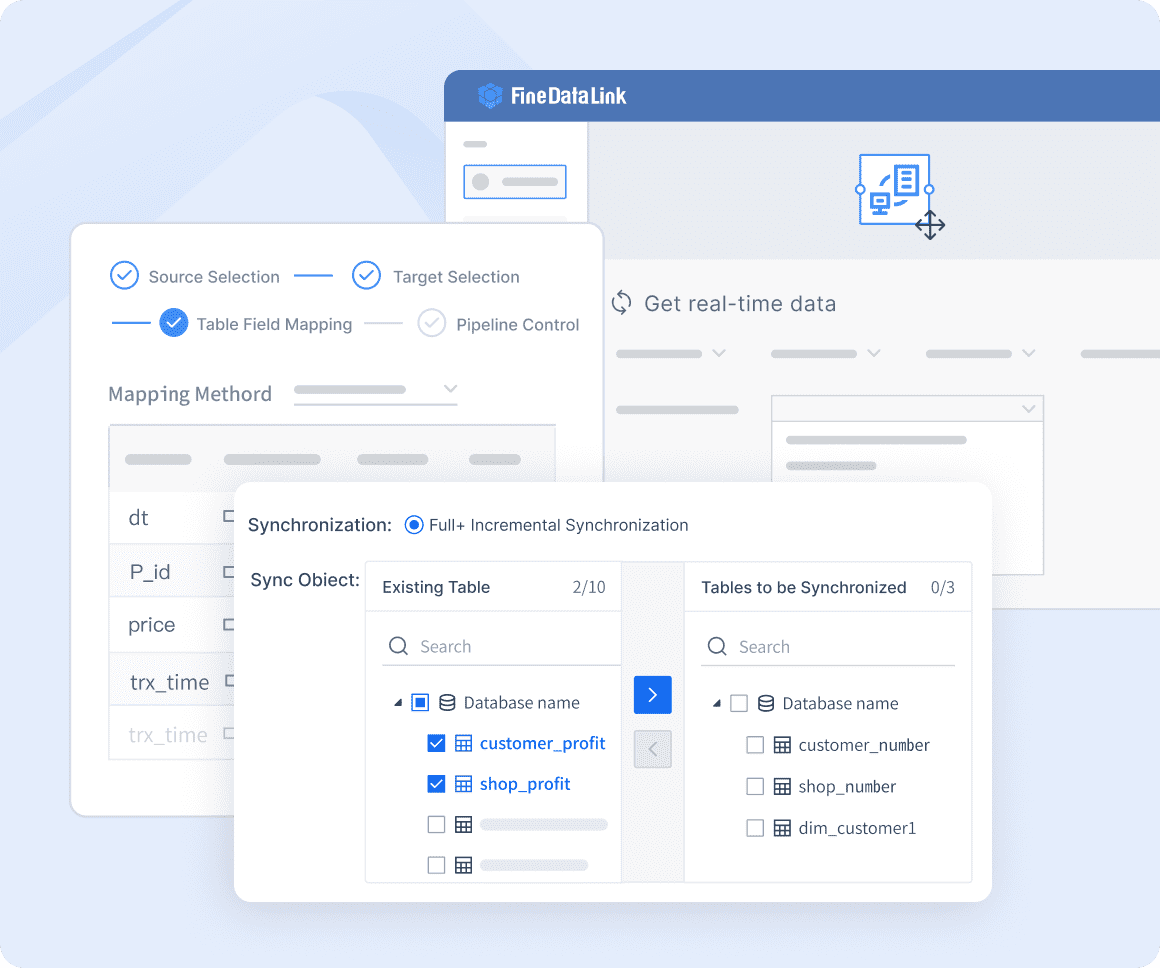
FineReport and FineBI have transformed the way organizations manage reporting and analytics. A manufacturing company, for example, adopted FineReport to streamline its reporting processes. The software's intuitive drag-and-drop interface allowed the firm to quickly generate complex, customizable reports, saving valuable time and improving operational efficiency.
Meanwhile, FineBI's advanced analytics capabilities empowered the company to track key performance indicators (KPIs) and uncover emerging trends. By gaining deeper insights into production performance, the firm was able to optimize its manufacturing processes, reduce costs, and boost profitability. This combination of reporting and analytics tools helped the company make data-driven decisions, leading to significant operational improvements.
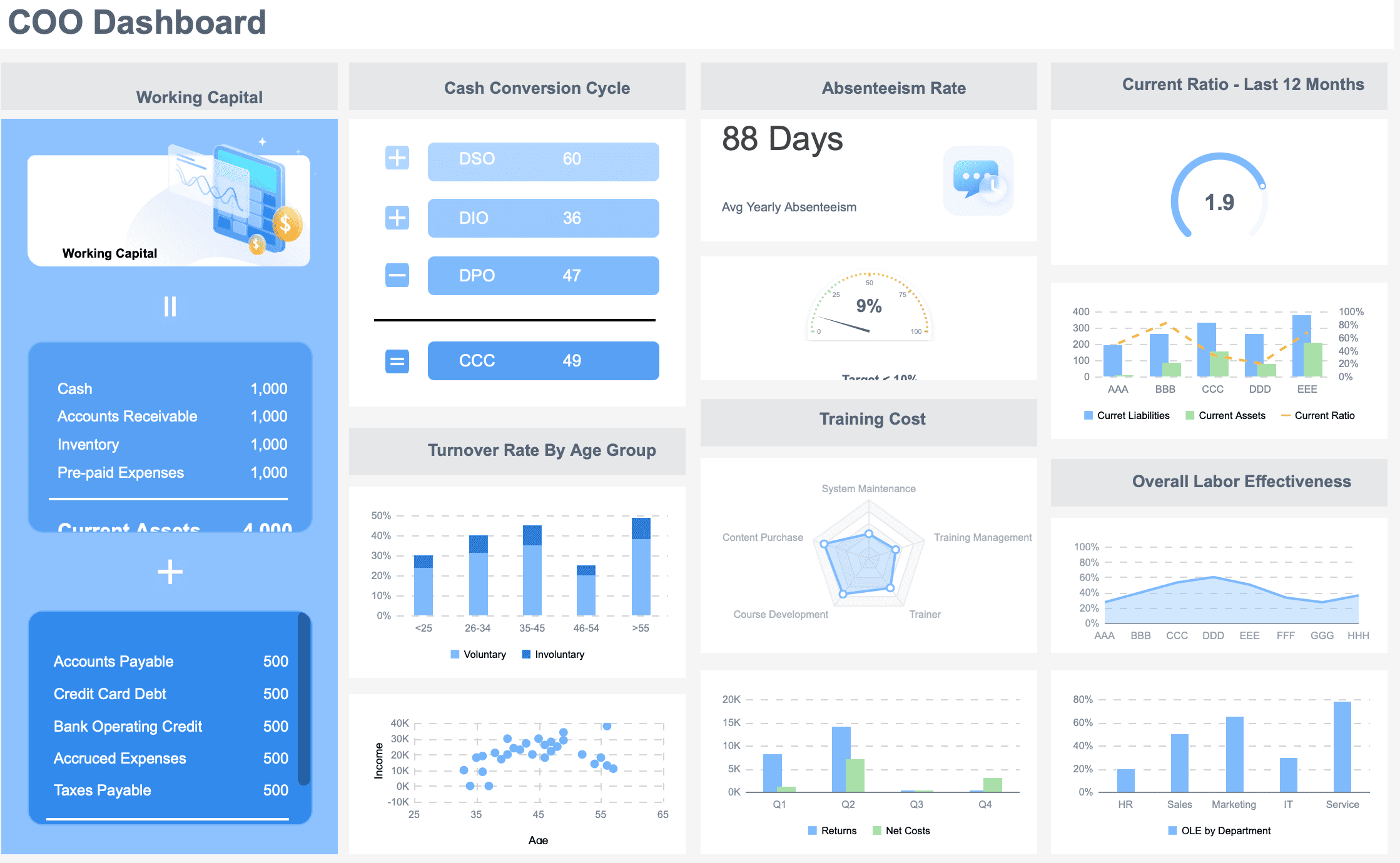
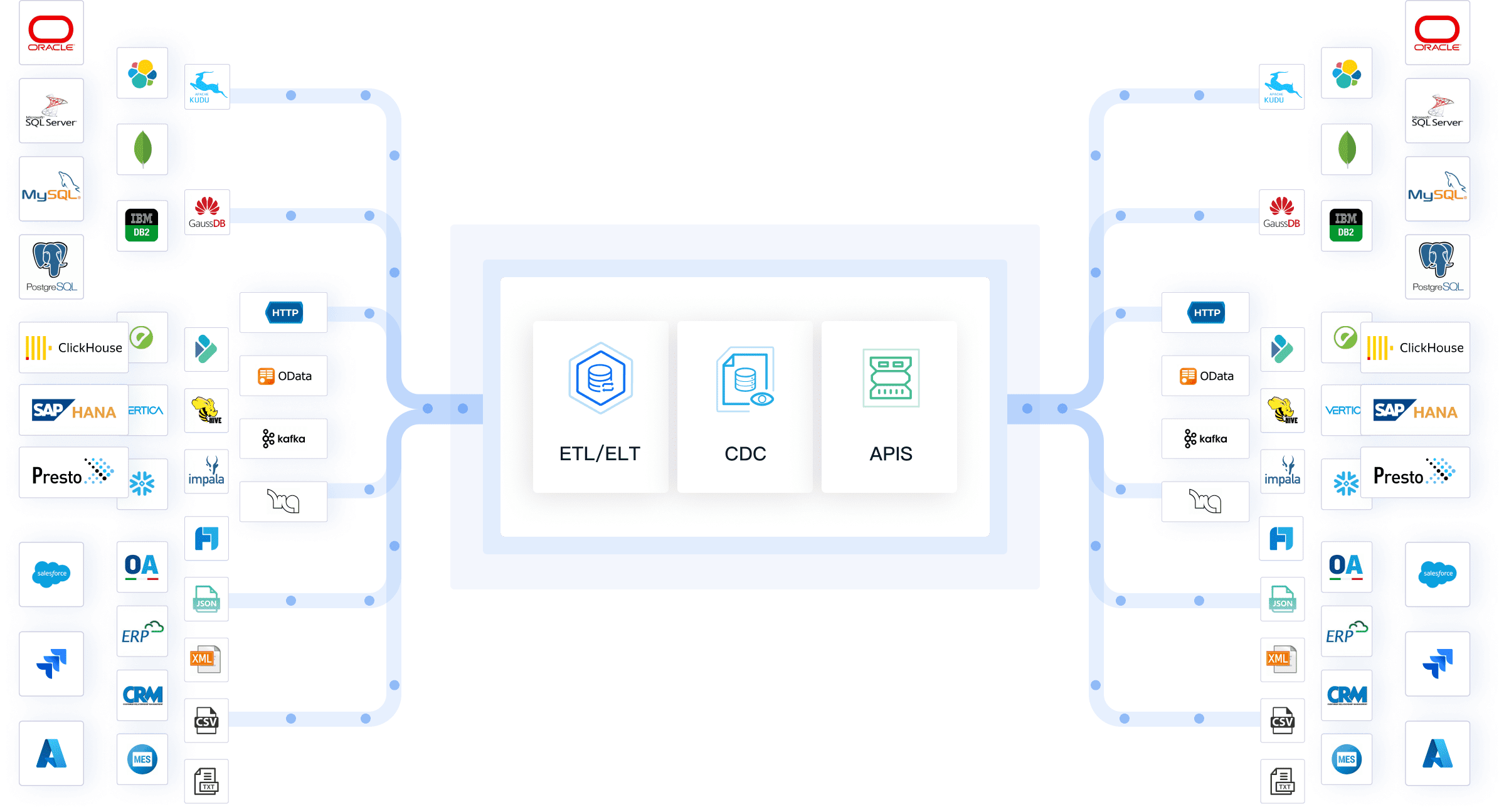
"Effective data management enables businesses to gain meaningful insights, achieve operational efficiency, and provide a better customer experience while minimizing costs."
By examining these case studies and lessons learned, you can adopt best practices and avoid common pitfalls in your data management journey. This approach will help you enhance operational efficiency and drive better business outcomes.
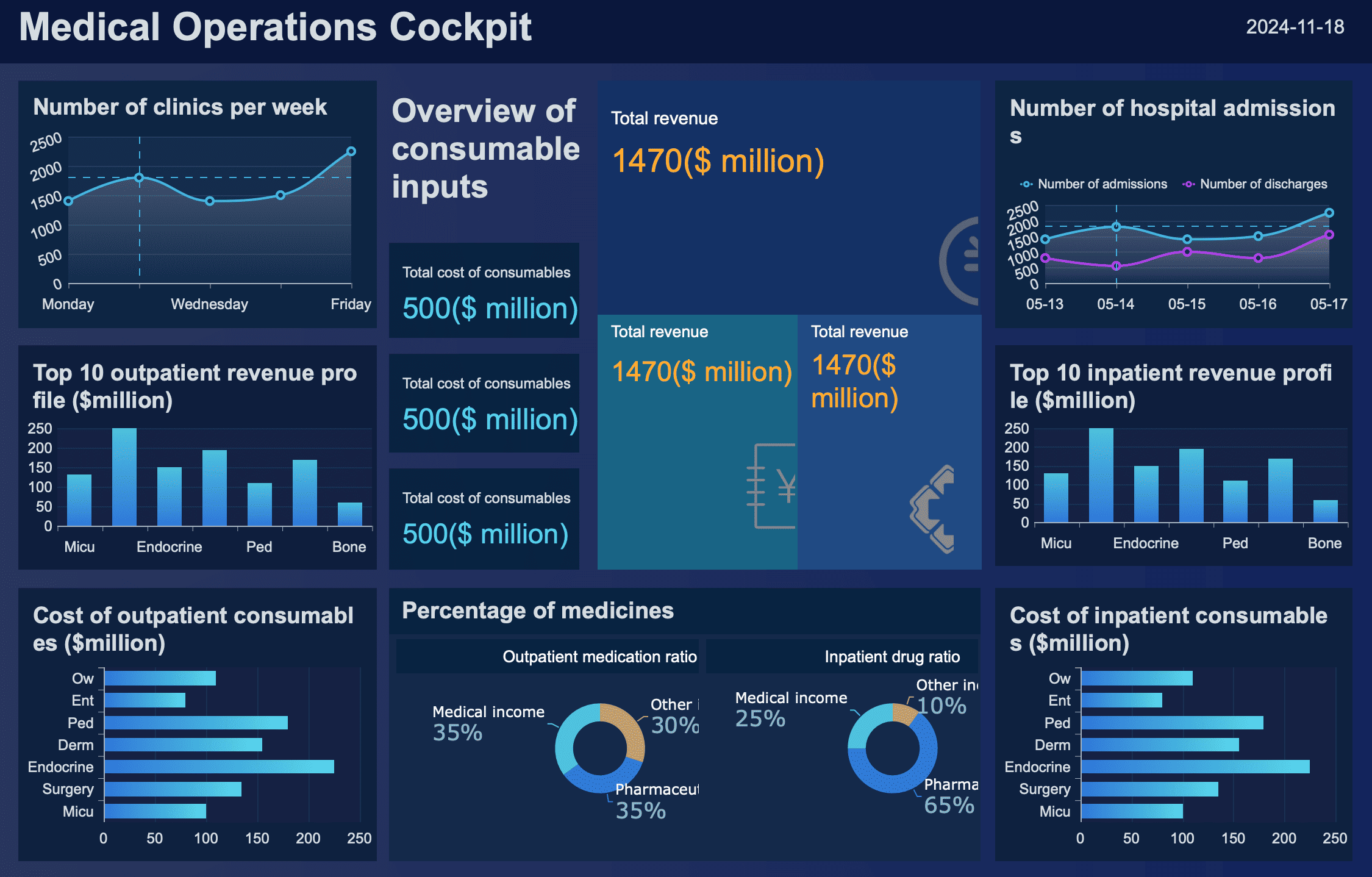
Data management consultants improve the accuracy and consistency of your data by implementing processes like Extract, Transform, Load (ETL) or Extract, Load, Transform (ELT). These methods clean and standardize data from various sources, ensuring it is ready for analysis. For instance, a retail company used ETL to consolidate sales data from multiple systems, eliminating inconsistencies and improving reporting accuracy. This preparation helped the company make more informed, data-driven decisions, boosting efficiency and profitability.
Accurate, up-to-date data is essential for making informed business decisions. With reliable information, you can identify trends, mitigate risks, and capitalize on opportunities. Data management consultants ensure this accuracy by implementing processes like data validation and real-time synchronization. For example, a financial services firm worked with consultants to ensure its transaction data was consistently accurate, enabling quicker, more reliable investment decisions and improving client trust and satisfaction.
Inaccurate data can result in costly mistakes, such as miscalculations, poor decision-making, or missed opportunities. Data management consultants help mitigate these risks by implementing data accuracy protocols and ensuring your data is cleaned and validated. For example, a logistics company worked with consultants to improve the accuracy of its inventory data, preventing stockouts and overstocking. This not only saved the company money but also improved operational efficiency, allowing the team to focus on strategic growth initiatives.

Hiring a data management consultant can significantly boost your operational efficiency. They analyze your existing data processes and identify bottlenecks, implementing strategies to streamline workflows. For instance, a retail company partnered with a consultant to automate data entry and reporting, reducing manual errors and saving time. As a result, the company was able to focus more on customer experience and growth while improving overall productivity.
Data management consultants optimize your data workflows by implementing efficient systems for data collection, storage, and retrieval. For example, a financial services firm worked with consultants to automate data processing, significantly reducing manual entry errors. This optimization made data more accessible and easy to manage, allowing the company to quickly respond to market changes. With streamlined workflows, employees spent less time on data entry and processing, freeing them up to focus on strategic initiatives like client relationships and business growth.
Efficient data management leads to significant cost savings. By reducing errors and streamlining processes, you minimize unnecessary expenses. This efficiency allows you to allocate resources more effectively, enhancing your overall business performance.
"Businesses that invest in product data management consultancy services can benefit in various ways. Firstly, these consultants help improve data accuracy, helping companies avoid costly errors caused by inaccurate or inconsistent product information."
By hiring a data management consultant, you improve data accuracy and operational efficiency. These improvements lead to better decision-making, reduced errors, streamlined processes, and cost savings.

Predictive analytics is transforming data management by enabling businesses to forecast future trends and behaviors. By leveraging statistical models and machine learning algorithms, companies can predict customer demand, sales fluctuations, or market shifts. For example, a retail company used predictive analytics to forecast inventory needs, reducing overstocking and minimizing shortages. This data-driven approach allows businesses to proactively adjust their strategies, improving operational efficiency and staying ahead of competitors by anticipating market demands before they arise.
Predictive analytics allows businesses to anticipate future needs by analyzing historical data and identifying key patterns and trends. For example, a retail company may combine first-party data, such as purchase history, with third-party data, like demographic insights, to forecast consumer behavior more accurately. This data-driven approach empowers companies to optimize inventory, adjust marketing strategies, and personalize customer experiences. By proactively preparing for market shifts, businesses gain a competitive edge, improving efficiency and responsiveness to changing demands.
With predictive analytics, you can engage in proactive decision-making. By leveraging data insights, you can make informed choices that drive sustainable growth. AI-based approaches transform management consulting practices, enabling faster and more accurate decision-making. As a result, you can respond swiftly to changing market conditions and capitalize on new opportunities.
"Data analytics have impacted the business landscape, accelerating decision-making by five times. More companies think data should be the heart of business decision-making."
Data privacy and security are critical in today’s data-driven landscape. With increasing volumes of sensitive information, businesses must adhere to regulations like GDPR or CCPA to avoid penalties. For instance, financial institutions employ robust encryption and access controls to safeguard customer data, ensuring both compliance and trust.

Compliance with data privacy regulations like GDPR is essential for safeguarding your organization’s reputation and avoiding legal risks. Adhering to these laws ensures that personal data is collected, stored, and processed transparently and securely. For example, companies in the healthcare sector implement strict data access controls to protect patient privacy. By establishing robust data governance frameworks, businesses can maintain compliance, reduce the risk of data breaches, and build trust with customers, ensuring long-term success and credibility.
Protecting sensitive information is crucial for safeguarding your business and customer data. You need to implement security measures that prevent unauthorized access and data breaches. This protection involves using encryption, access controls, and regular security audits. By prioritizing data security, you can build trust with your customers and ensure the integrity of your data.
"Effective data management enables businesses to gain meaningful insights, achieve operational efficiency, and provide a better customer experience while minimizing costs."
By embracing these future trends, you can enhance your data management practices and drive better business outcomes. Predictive analytics and data privacy measures will play a pivotal role in shaping the future of data management consulting.

Data management consultants play a pivotal role in enhancing your business's operational efficiency. They help you streamline data processes, ensuring that you can make informed decisions quickly. By hiring these experts, you gain access to improved data accuracy, reduced errors, and cost savings. Effective data management is crucial for driving innovation and delivering real-time insights. It empowers you to harness information for strategic advantage, ultimately improving your bottom line. Embrace the expertise of data management consultants to transform your data practices and achieve better business outcomes.
Click the banner below to experience FineBI for free and empower your enterprise to convert data into productivity!
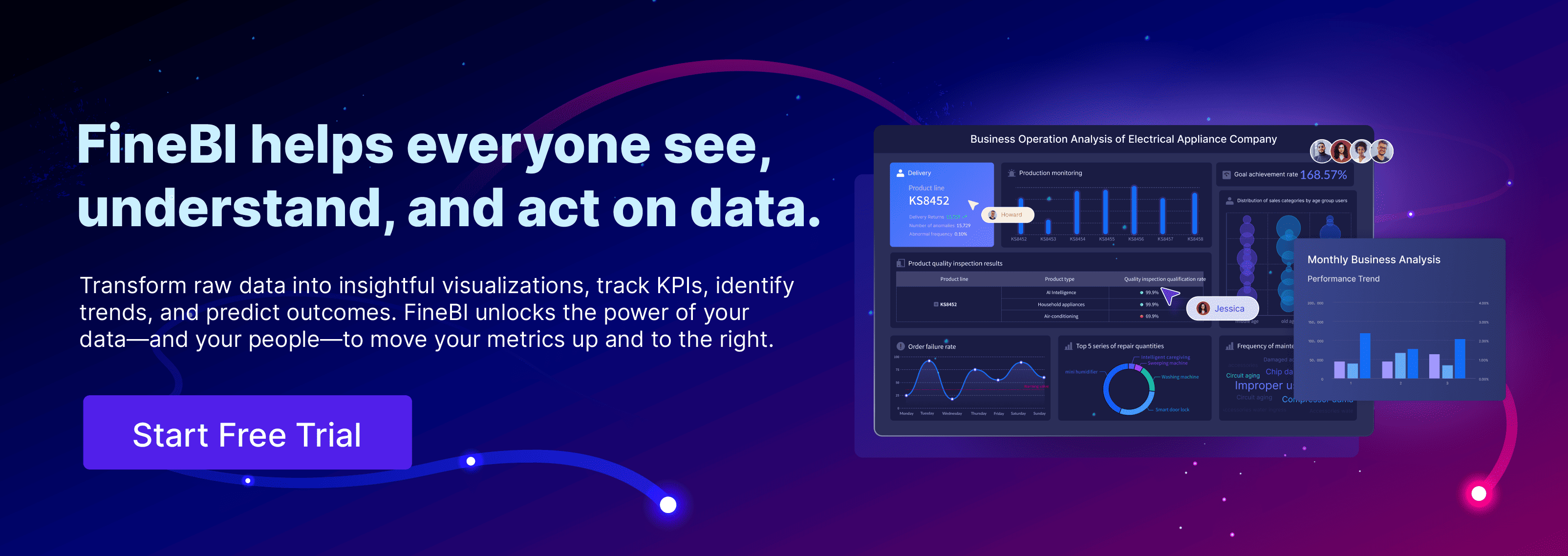

The Author
Howard
Data Management Engineer & Data Research Expert at FanRuan
Related Articles

What is a data management platform in 2025
A data management platform in 2025 centralizes, organizes, and activates business data, enabling smarter decisions and real-time insights across industries.
Howard
Dec 22, 2025

Top 10 Database Management Tools for 2025
See the top 10 database management tools for 2025, comparing features, security, and scalability to help you choose the right solution for your business.
Howard
Dec 17, 2025

Best Data Lake Vendors For Enterprise Needs
Compare top data lake vendors for enterprise needs. See which platforms offer the best scalability, integration, and security for your business.
Howard
Dec 07, 2025